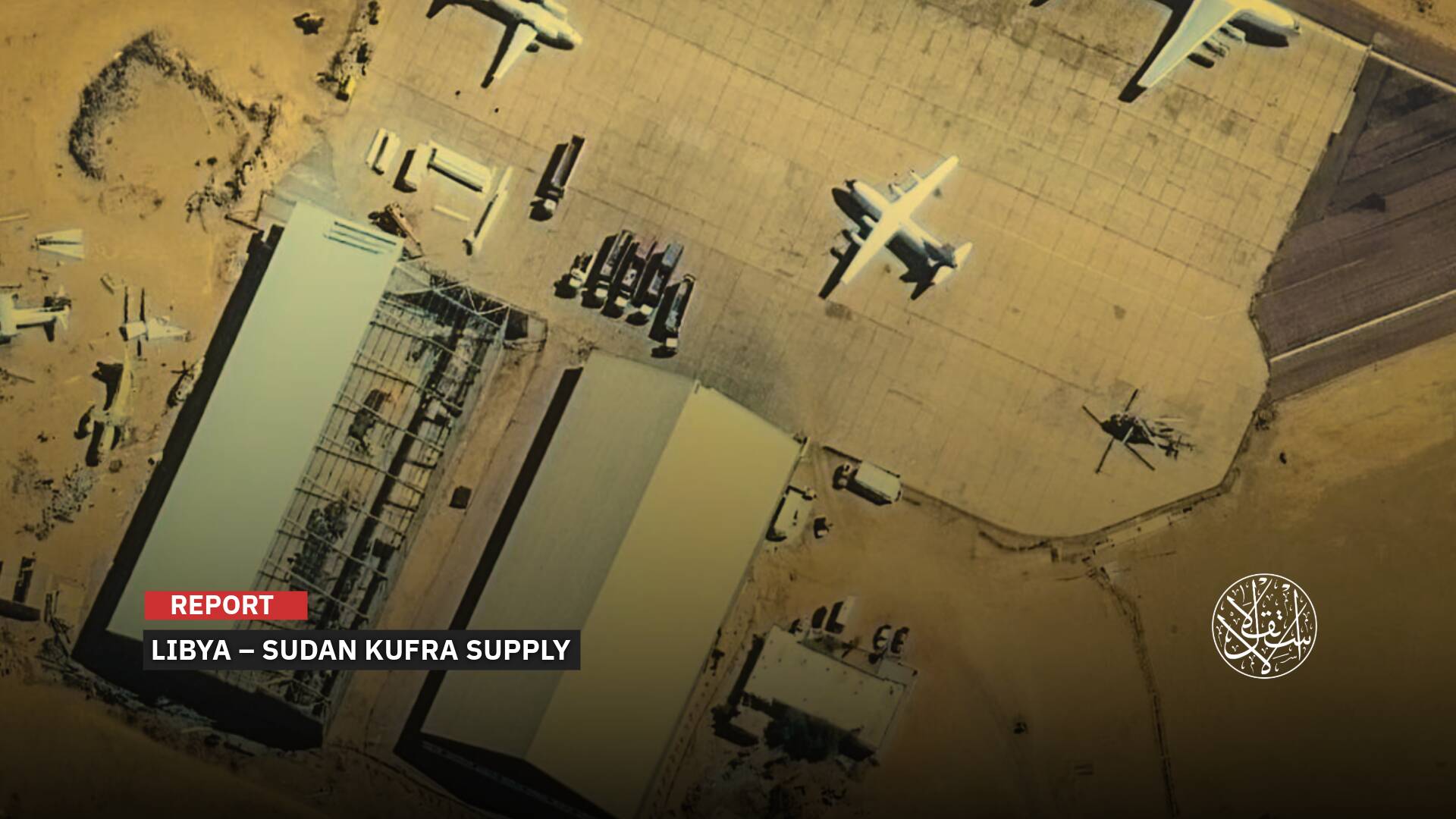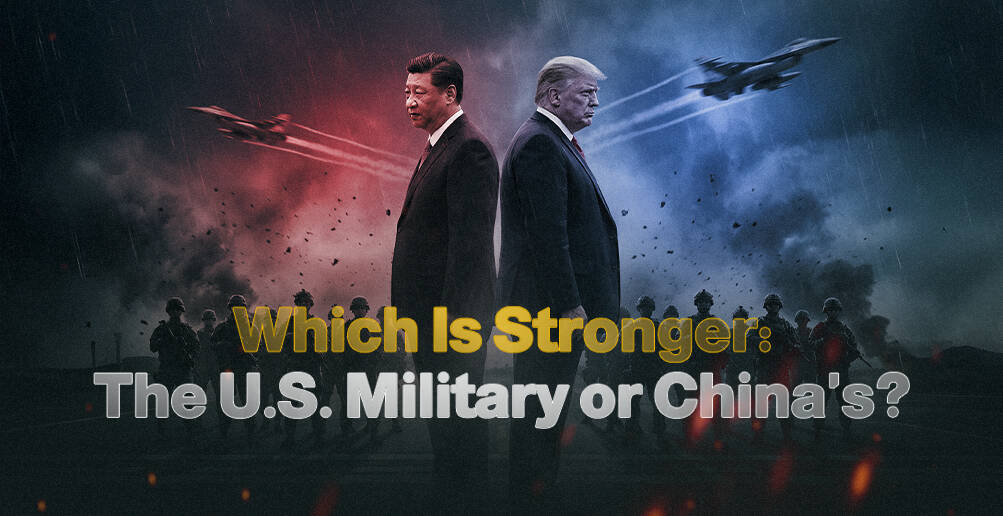With China and South Korea: How Japan’s Fukushima Wastewater Became a Regional Diplomatic Crisis

Nearly 12 years after one of its worst nuclear disasters, Japan began releasing about 1.3 million tons of treated radioactive water from the stricken Fukushima Daiichi Nuclear Power Plant into the Pacific Ocean, in a plan that sparked sharp criticism from its neighbors, especially China, for fear that the impact of wastewater would extend to the world.
China’s Pacific allies, from the government of the Solomon Islands to the opposition in Fiji, have also echoed Beijing’s criticism of Japan.
The South Korean government, which is trying to improve relations with Japan to confront China, supported the Fukushima water release, although it raised concerns among some residents and sporadic protests emerged.
The wastewater in question is water that Japan used to cool the molten Fukushima nuclear reactor following a huge earthquake and tsunami that hit the Japanese coast in March 2011, melted 3 reactors, and released large amounts of radiation at the nuclear plant overlooking the ocean.
At that time, Japan kept this water to start treating it and trying to remove radioactive materials from it in preparation for releasing it, but there were some materials that could not be separated from it, such as tritium.
Analysts say that although China may have real safety concerns, its strong responses may be driven in part by its economic competition and frosty relations with Japan.
Others believe Tokyo needs a quiet response to Beijing’s opposition, which is widely seen as a politically motivated act amid strained bilateral relations.
Japanese Selfishness
The issue of releasing Fukushima waters to the Pacific Ocean has turned into a crisis between Japan and China, which warns of a possible diplomatic escalation in the next few days.
On August 24, 2023, Japanese Prime Minister Fumio Kishida announced his country’s decision to start draining radioactive water from the Fukushima nuclear plant after his country obtained approval from the International Atomic Energy Agency (IAEA).
The IAEA had approved the Japanese plan last July, stressing that the gradual and controlled release of treated water to the sea will have a minimal radioactive effect on people and the environment.
Many scientists support Japan’s plan, pointing out in an interview with The Washington Post that many facilities in the world have carried out similar operations without any noise accompanying them.
At the same time, scientists warn of possible impacts in the Pacific Ocean, noting that the process’s impact has not been adequately studied.
Despite assurances from both the Japanese government and the IAEA, fishing and environmental groups have urged Tokyo to abandon the plan, raising questions about its consequences.
Greenpeace East Asia criticized the drainage plan, saying it ignores scientific evidence and the concerns of fishermen.
Ahead of the Fukushima fishing season in September, fishing industry groups fear potential damage to the reputation of their goods, which still carry the stigma of radiation exposure.
In this regard, the Japanese government promised to provide financial compensation to fishing workers.

China believes that the IAEA’s conclusion of the course of the Japanese plan has sidelined the assessment of environmental risks that may result from the release of polluted water into the sea.
On its part, the Chinese Ministry of Foreign Affairs, in an official statement on August 25, condemned Tokyo’s release of treated water from the Fukushima nuclear plant in the Pacific Ocean, demanding that it reverse this mistake.
It stressed that the radioactive wastewater in Fukushima represents a major problem in terms of nuclear safety, and that its impact will go beyond limits, and therefore cannot be considered a matter specific to Japan.
“If Japan insists on dumping wastewater into the ocean to achieve selfish interests, it will be a secondary man-made disaster for the people of the region and the entire world,” the Chinese Foreign Ministry added in the statement.
Due to Tokyo’s failure to respond to Beijing’s warnings about the danger of its latest step to environmental and marine life, China decided to suspend imports of all marine products coming from Japan.
Many Chinese social media users called for a broader boycott of Japanese products, including cosmetics, food, and drinks, and urged people not to buy their products.
In response to the action by Beijing, which is the largest buyer of Japanese seafood, Japanese Foreign Minister Yoshimasa Hayashi said that his country will take whatever action it deems necessary before the World Trade Organization or other frameworks regarding China’s move.
He called on China to provide accurate information on the release of Fukushima waters instead of raising people’s fears and publishing information that is not based on science.
He also confirmed that people threw eggs and stones at the Japanese embassy building in Beijing, and schools attended by Japanese children there were also targeted.
Many Japanese companies, restaurants, bakeries, and government institutions received thousands of abusive phone calls, most of them from Chinese numbers, which prompted Tokyo to protest and summon Beijing’s ambassador to it, according to Agence France-Presse.
Over the weekend, the Japanese Embassy in Beijing urged tens of thousands of Japanese living in China to keep a low profile and not to speak Japanese loudly in public.

Environmental Disaster
The safety of Fukushima wastewater has been a sensitive issue for years between U.S. allies South Korea and Japan, which have worked in recent months to repair relations long strained over historical grievances dating back to wartime, in order to address shared concerns such as North Korea’s nuclear threat and China’s tough foreign policy.
On July 7, the South Korean government formally endorsed Japan’s plans, saying: “Pollution levels in the water pumped from the deactivated nuclear plant do not exceed acceptable standards and will not affect seawater off South Korean shores as long as the plant’s treatment systems operate as designed.”
While the South Korean government did not publicly oppose Japan’s plans, an opinion poll conducted in May revealed that 84% of respondents opposed the release.
South Korea’s main opposition Democratic Party leader, Lee Jae-myung, has objected to Japan’s release of radioactive water, calling its decision the worst environmental disaster for humanity.
He said, during a party meeting, that “if Japan trampled on the Pacific Ocean with guns and knives in the time of World War II (1939-1945), now it is like threatening the entire human being with radiation.”
“August 24, 2023, will be remembered in history as the day Japan committed an unforgivable crime,” he added.
On May 15, Jae-myung challenged Japanese officials to fulfill assurances of water safety by drinking treated radioactive water after it was released from the Fukushima plant into the ocean.
In turn, South Korean President Yoon Suk Yeol’s party, which sees no problem with Japan’s plan, accused the country’s opposition of fueling protests over the issue to stoke anti-Japanese sentiment.
The Japanese drainage plan has also come under objections from some protesters in South Korea, though the Seoul government has asserted that the plan meets international standards if the water is handled as planned.
Seoul authorities have also hinted that they will file an international lawsuit if the water release exceeds standards.

Historical Disputes
The new tensions between China and Japan have once again shed light on a not-short record of political, economic, and security crises between the two countries, which date back to after World War II, including a variety of maritime territorial disputes, the most important of these relate to the Senkaku Islands, which are controlled by Tokyo and claimed by Beijing in the East China Sea.
The two Asian powers are already at odds on a number of issues, including China’s increasing joint military activities with Russia near Japan, and both countries’ political stance on the Ukraine war and the autonomous island of Taiwan, which China considers part of its territory.
In July 2019, Japan and UN ambassadors from 22 countries signed a joint paper to the Human Rights Council condemning China’s mistreatment of the Uighurs and other minorities.
In another context, the official position of South Korea towards the Fukushima wastewater, and the positions of the opposition, seemed to be influenced by a difficult past between two countries that had become strategic allies. The reason goes back to the era of the Japanese colonization of the Korean Peninsula between 1910 and 1945.
The period of the Japanese occupation of Korea included attacks by members of his army on Korean women, in a case known as the comfort women.
The case revolves around forcing at least 200,000 Koreans to provide sexual services to the Japanese army between 1932 and 1945 on the back of false promises of employment.
Japan officially apologized to South Korea in 1992 for these sexual assaults but refused to compensate the victims.
In 2015, the two countries reached a settlement, under which Tokyo issued an official apology to the South Korean women and provided about $9.23 million to a fund earmarked to help the victims.
But former South Korean President Moon Jae-in dissolved the fund in 2018, effectively canceling the agreement.

Credit: Google Earth
Also in 2018, the South Korean Supreme Court ordered Japanese companies, such as Nippon Steel & Sumitomo Metal Corp and Mitsubishi, to compensate some forced laborers in wartime, but the Japanese companies and authorities refused to do so.
Relations deteriorated in 2019, with Japan restricting exports of high-tech items to South Korea.
In addition to these differences, islands in the middle of the sea distance between South Korea and Japan represent another problem.
Seoul calls the islands Dokdo, while Tokyo calls them the Takeshima Islands, and Western countries call them Liancourt Rocks.
The issue of the dispute over the islands dates back about 1,500 years, according to historians, who did not agree on the eligibility of either country over the islands.












